Sleep apnea causes interruptions in your breathing as you sleep, causing pauses in your breathing. This condition may cause several health issues, so knowing the signs is important.
Many people might not realize they have sleep apnea because they often feel tired without understanding why. This post will explore sleep apnea symptoms, risk factors, and how it can be treated.
What Is Sleep Apnea?
Sleep apnea is a disorder that starts during sleep and causes pauses in breathing. The most common type, obstructive sleep apnea, happens when your throat muscles soften and cause a blockage in your airway.
There is also central sleep apnea, in which your brain doesn't send proper signals to control breathing. These pauses in breathing can reduce the quality of your rest and disrupt your sleep cycle.
Common Sleep Apnea Symptoms
If you're wondering whether you have sleep apnea, look for these common symptoms:
- Loud snoring that disrupts others.
- Gasping for air or choking during sleep.
- Feeling extremely tired during the day, even after a night's rest.
- Feeling a headache or dryness in your mouth upon waking.
- Restless sleep, frequent waking, or trouble staying asleep.
Sleep apnea symptoms like these may go unnoticed, especially if you sleep alone. If you recognize any of these signs, it's time to take them seriously.
Risk Factors to Watch For
Certain factors increase your risk of developing sleep apnea:
- Weight: Being overweight may compress your airway.
- Age: Sleep apnea becomes more common as you get older.
- Gender: Men are more likely to have it, but women face higher risks after menopause.
- Family history: If others in your family have sleep apnea, your risk goes up.
- Lifestyle habits: Smoking and drinking alcohol can make sleep apnea worse.
Being aware of these risks can lower your chances of developing this condition.
When Should You Talk to a Doctor?
It's important to talk to a doctor if:

- Your snoring is loud and often includes choking or gasping.
- You feel exhausted during the day, even with enough sleep.
- You have high blood pressure or heart problems that could be linked to poor sleep.
Don't ignore these signs. Your doctor may suggest a sleep study or recommend changes to improve your sleep.
How Is Sleep Apnea Diagnosed?
Diagnosing sleep apnea usually starts with a doctor asking about your symptoms. They recommend a sleep study, where your sleep patterns are monitored overnight. Sometimes, you can take a home sleep apnea test to gather data while you sleep at home. This data helps doctors confirm whether you have sleep apnea and how severe it is.
Treatment Options for Sleep Apnea
The good news is that there are treatment options for sleep apnea. Some of the most common include:
- Lifestyle changes for sleep apnea, such as losing weight, quitting smoking, or avoiding alcohol.
- CPAP therapy: This device keeps your airway open by providing continuous air pressure while you sleep.
- Oral appliances: These can adjust the position of your jaw to help keep your airway open.
- Surgery may be needed in severe cases to remove tissue that blocks your airway.
The best treatment option varies based on your individual condition and how severe your sleep apnea is.
What Happens If Sleep Apnea Isn't Treated?
Ignoring sleep apnea can cause significant health complications, including heart disease, stroke, and diabetes. You might also experience memory problems, mood changes, or depression.
Over time, it can make everyday activities like driving more dangerous due to constant fatigue. Proper care can boost your overall quality of life and keep you healthier in the future.
Sleep Better, Live Better: Take Action Today

Sleep apnea isn't something you should ignore. If you recognize any sleep apnea symptoms in yourself or a loved one, it's time to take action. The good news is that many people find relief through lifestyle changes or other treatments. Getting a proper diagnosis can be life-changing.
Ready to upgrade your sleep? Explore our selection of mattresses at Blissful Nights to find the perfect solution for a restful night.
Frequently Asked Questions
Can sleep apnea go away on its own?
Sleep apnea rarely disappears without treatment. In some cases, losing weight or making lifestyle changes can improve symptoms, but most people need specific treatments like CPAP therapy or oral appliances. Consulting a doctor is essential to finding the most suitable treatment for your condition.
How does sleep apnea affect daily life?
Sleep apnea can lead to constant tiredness, trouble concentrating, and irritability during the day. Over time, these effects can impact your ability to work, drive, or enjoy activities. You may also experience mood changes or even depression if sleep apnea is left untreated.
Is snoring always a sign of sleep apnea?
Snoring can occur without being linked to sleep apnea. However, if your snoring is loud and accompanied by choking , gasping for air, or pauses in breathing, this may be associated with sleep apnea. It's a good idea to see a doctor if you experience these additional symptoms.











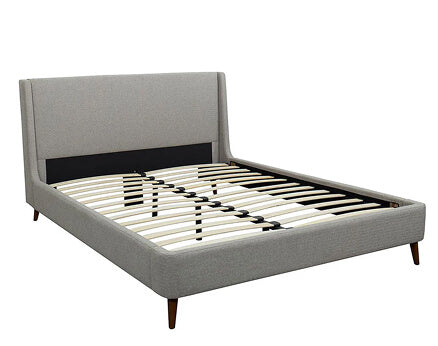
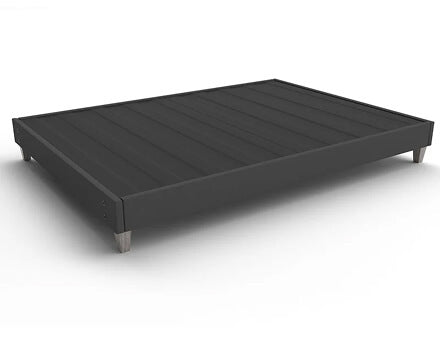
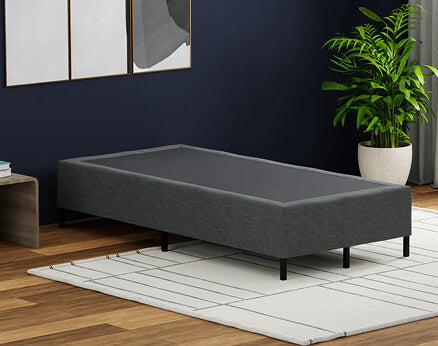

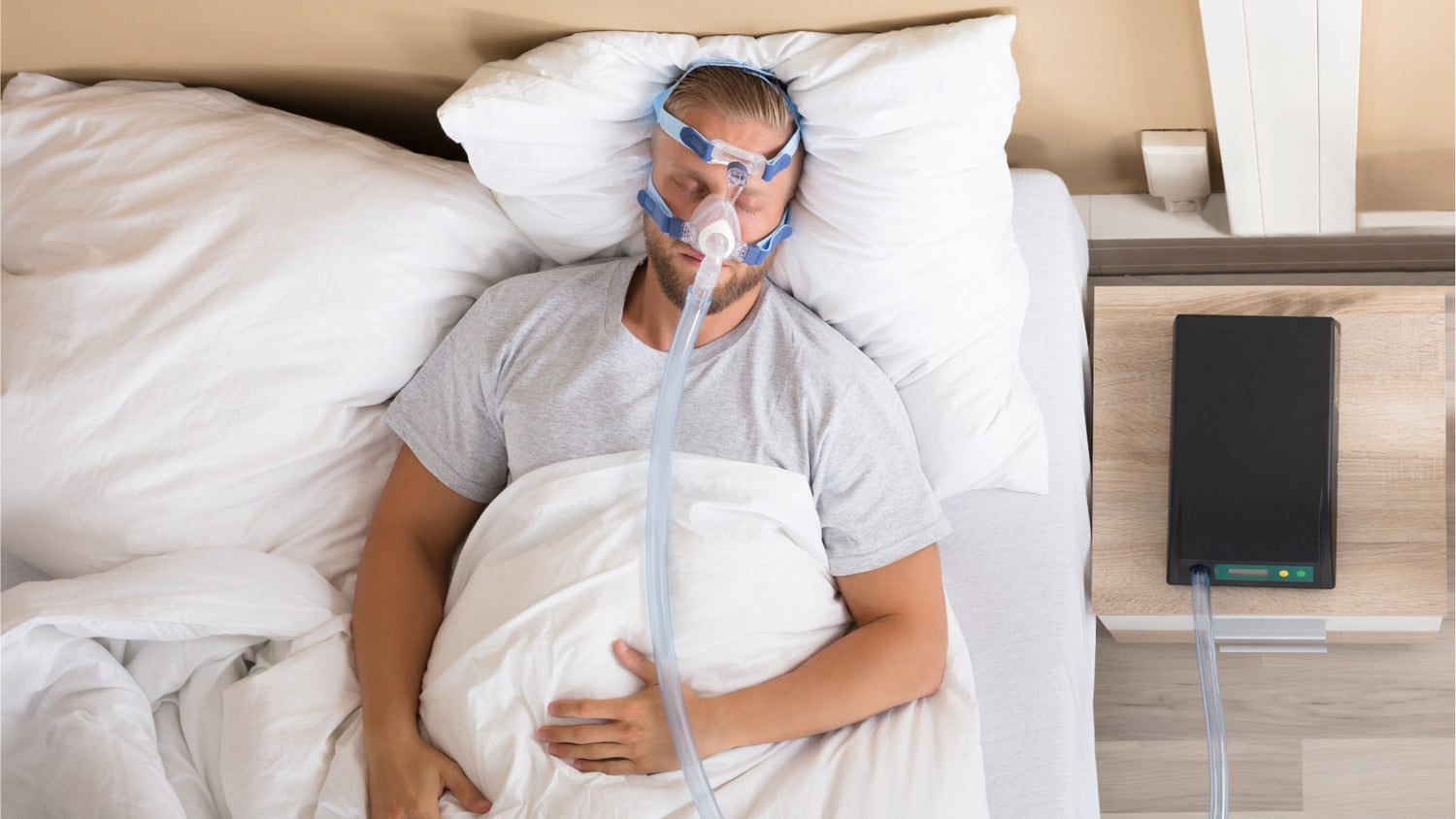

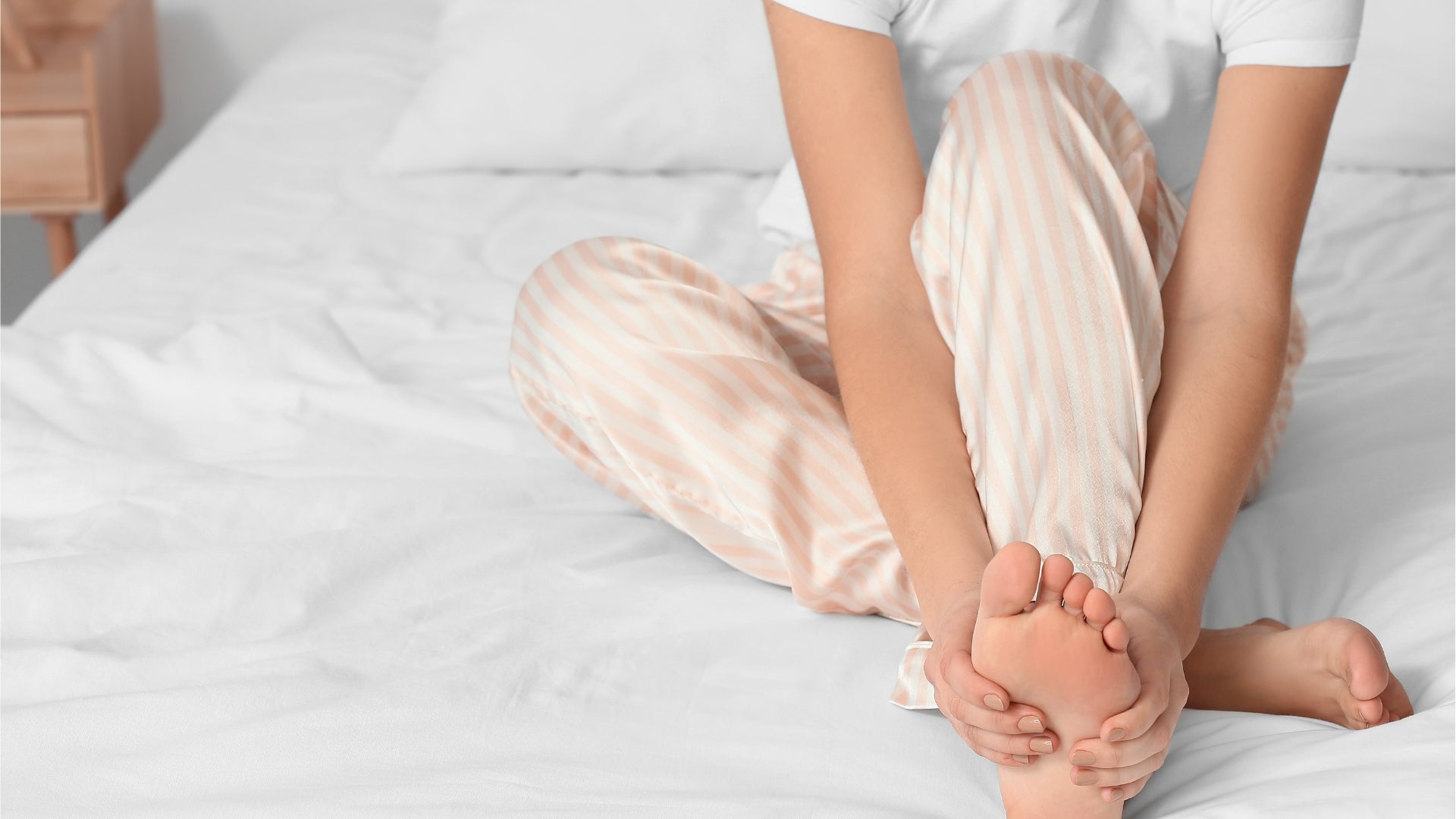
Leave a comment
This site is protected by hCaptcha and the hCaptcha Privacy Policy and Terms of Service apply.